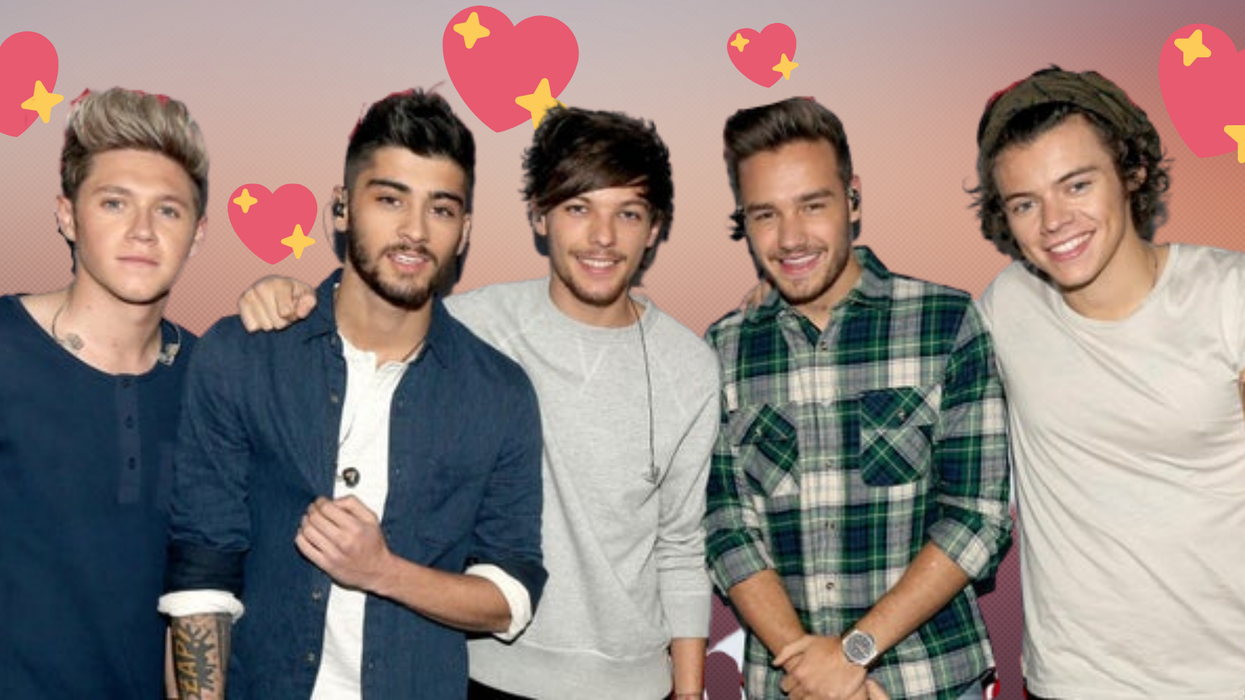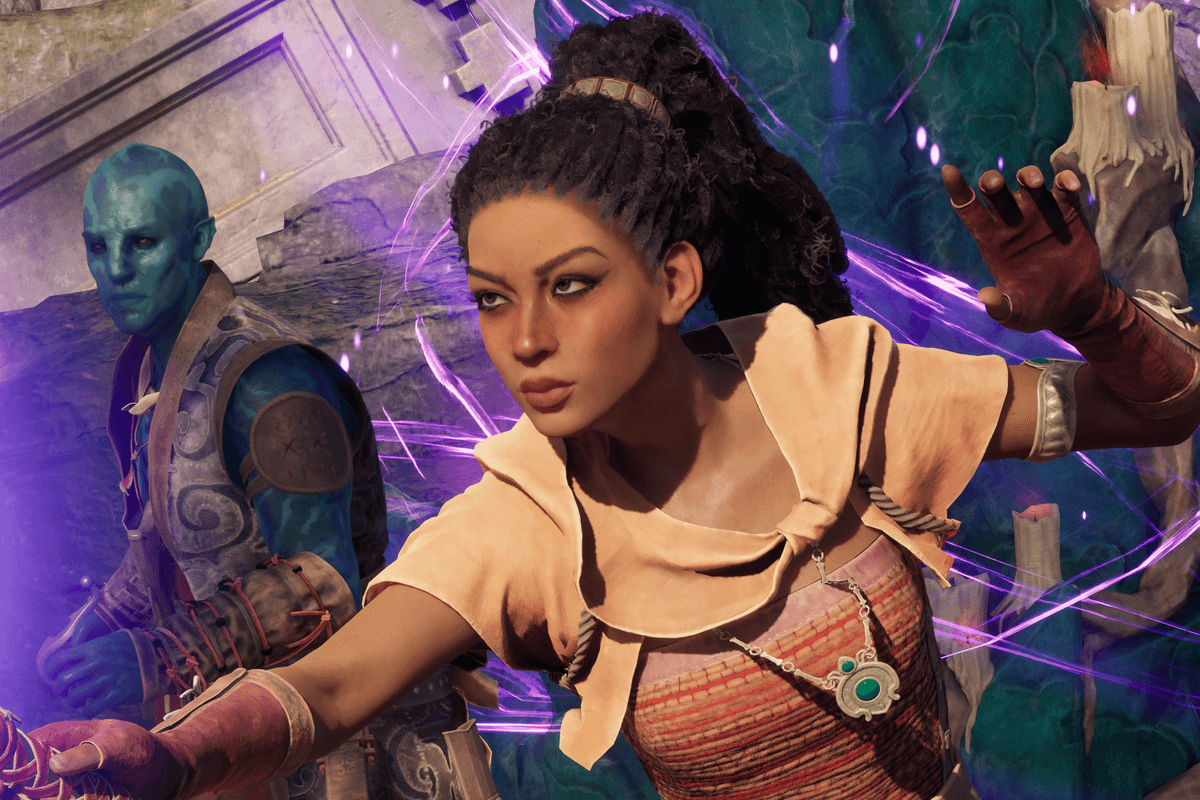Showbiz
Joanna Taylor
Jul 23, 2020

Christopher Polk/Getty Images/indy100
On this day 10 years ago, Harry Styles, Liam Payne, Zayn Malik, Niall Horan and Louis Tomlinson formed One Direction.
The band only stuck together as a five for five years before pursuing their own projects, but their cultural impact has been immense.
The most obvious reason for this is the band's enormous success.
After placing third on X Factor in 2010 (behind Rebecca Ferguson and winner Matt Cardle), 1D went on to sell 50 million records, win 200 awards and embark on four world tours.
One Direction amassed an army of fans who have followed them on their journey from reality TV contestants to full-blown icons.
Harry Styles, particularly, has found fame as a solo musician and actor at least on level pegging with One Direction.
But all five have successful careers individually, with Zayn collaborating on hits with Taylor Swift and Sia and Louis Tomlinson returning to X Factor as a judge.
Ultimately, however, 1D's greatest impact has come from their fans. Here's why...
One Direction fans span generations.
Let's say you were a tween when One Direction formed on X Factor. You were an obsessive fan at the point when the band wore plaid shirts and chinos.
You would now be a full grown adult, looking back on One Direction with some level of nostalgia. You remember buying a physical copy of their first CD in HMV and talking about them with your mates at school.
But you also might have been much younger when the band debuted. One Direction's fan following has been growing for years.
Perhaps the height of your obsession came when the band had gotten a little edgier, moved past their preppy image and accompanying movie and started recording songs like 'Night Changes' and 'Steal My Girl'. Perhaps you were a full-bown Directioner in 2015 and remember being devastated when Zayn Malik suddenly left the band.
Or perhaps the height of your One Direction obsession is... now.
Despite One Direction no longer recording or performing together, there are still young teenagers discovering the band and declaring themselves Directioners, on top of all the original fans who have stuck around and supported them for years.
Of course, for a band with One Direction's reach and appeal, this is not particularly unusual: The Beatles are still gaining new fans despite having been broken up for 50 years.
But given that 1D were only together for five years, while the The Beatles were together for 13, their ever-growing fan base is pretty impressive.
One Direction fans have gotten politically conscious.
The world One Direction formed in was a fairly different world from the one we're living in today.
The band debuted the same year David Cameron was elected prime minister and the UK embarked on a decade of austerity.
At the time, shows like X Factor and Britain's Got Talent were at their height, promising Brits a kind of Blairite social mobility on steroids, from totally ordinary life to super-stardom.
But working class contestants were frequently ridiculed at the audition stage, or mocked throughout their careers like 1D's fellow contestant Cher Lloyd.
Lloyd, who was only 16 when she appeared on X Factor, recently opened up about the experience, saying that she had "no control" over the way she was presented on the show.
One Direction were teenagers too when they were suddenly thrust into the media spotlight.
They were young, preppy and literally manufactured. Before fully finding their own voices it wasn't too unusual to see them doing things like this...
But now, for instance, Harry Styles sports a Black Lives Matter sticker on his guitar and has engaged extensively in LGBTQ+ activism.
Niall Horan has opened up about his OCD and anxiety, and won an award for his charity work supporting UNICEF, cancer research and people with autism.
The other band members have also spoken up about poverty, inequality and climate change.
1D fans have followed a similar trajectory towards social and political consciousness.
A crucial part of this is the growing acceptance that culture and media enjoyed by teenage girls isn't necessary cringe-worthy or undeserving of mainstream appeal.
When One Direction came on to the music scene, Justin Bieber was already three years into his career and had helped to popularise the swoopy haircut most of the band sported.
Despite being a teenager, Bieber was relentlessly mocked at this stage of his career and was frequently the butt of jokes by comedians and talk show hosts and on social media.
One Direction, similarly, were mocked and dismissed by some because most of their fans were teenage girls.
Years later, Bieber gained greater recognition and respectability by reinventing himself as an EDM and R&B artist. One Direction also developed an edgier sound, first as a band then as individual artists.
This helped to spark a conversation about why we consider popular media teenage girls enjoy as so desperately uncool.
Of course, the sexism underlying the hatred aimed at, for instance, Billie Eilish, BTS and TikTok hasn't gone away... but at least we're talking about it.
Teenage girls are changing the world.
Over the past decade, young women have helped to change the world's political and social landscape.
Greta, Thunberg, Malala Yousafzai and Emma Gonzalez, among others, have proven that it's possible to be a world-changing activist and a teenage girl.
TikTok teens, meanwhile, have done more to disrupt Trump's re-election campaign than many mainstream activist groups. And of course, the online activism surrounding the recent Black Lives Matter protesters was spearheaded by young people, turning it into an international movement.
Being a passionate, obsessive, boy band-loving teenage girl is not at odds with being a powerful force in politics and social media: in fact, the two traits go very well together.
It's time we stopped underestimating teenage girls and the media they enjoy, because young women are taking on the world.
Top 100
The Conversation (0)













